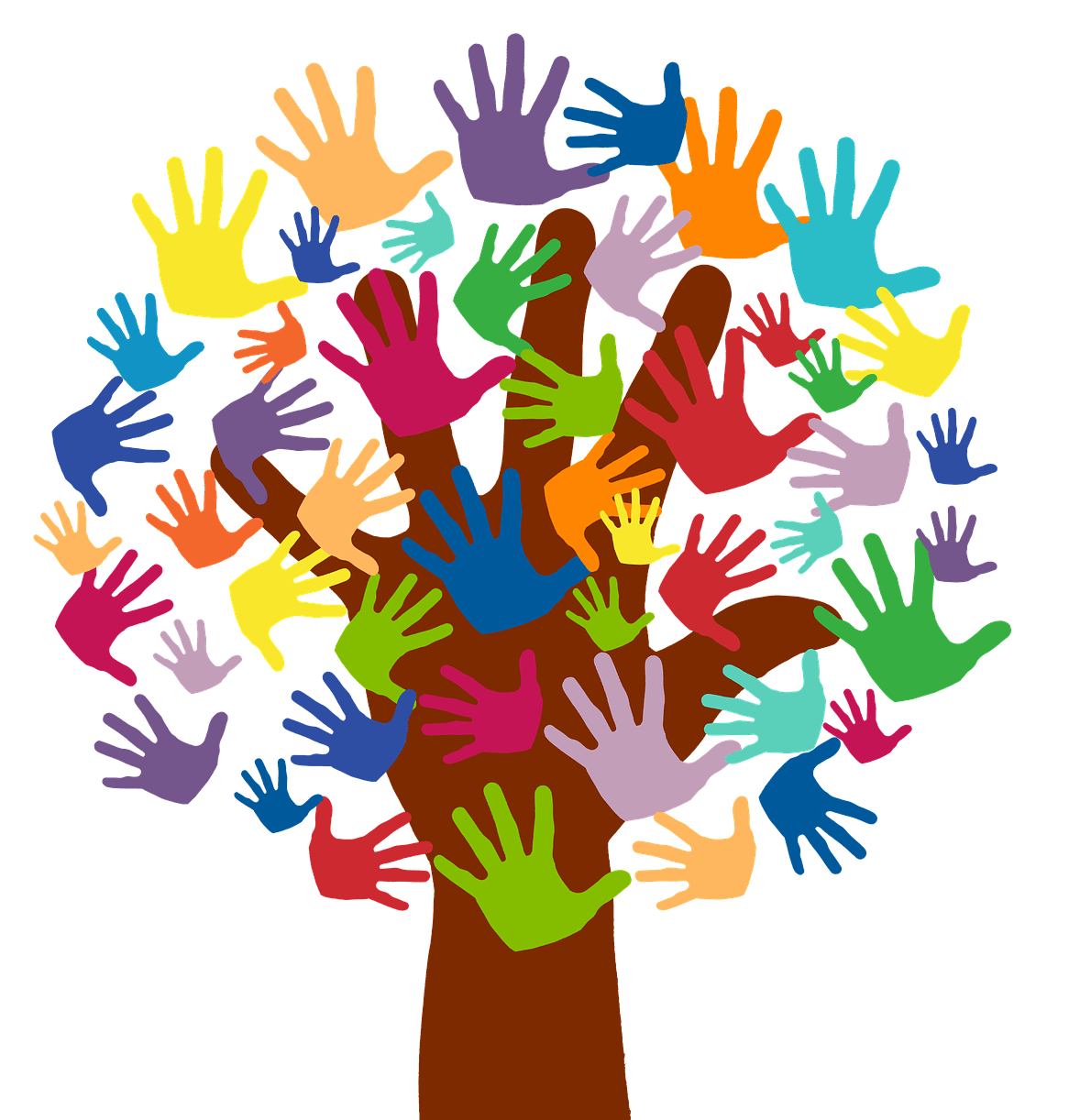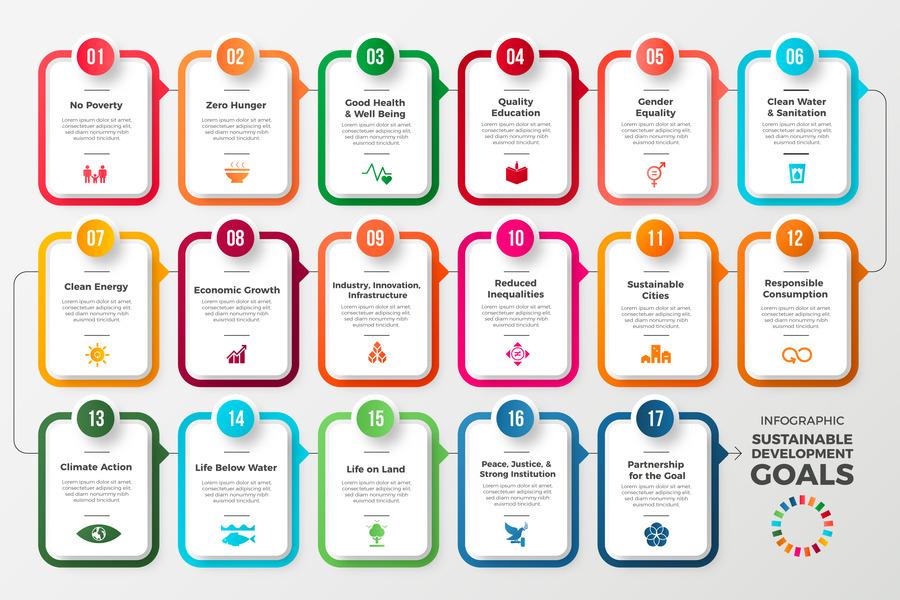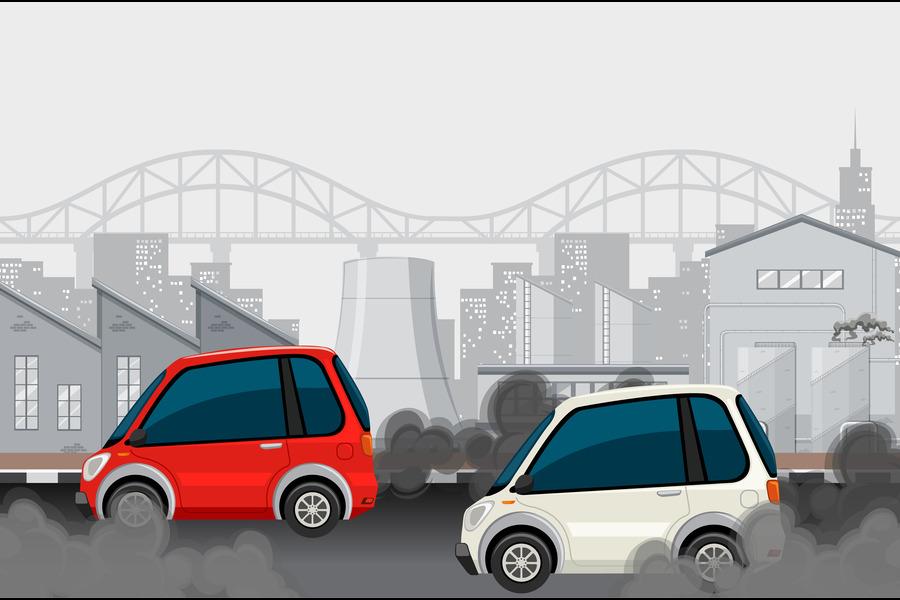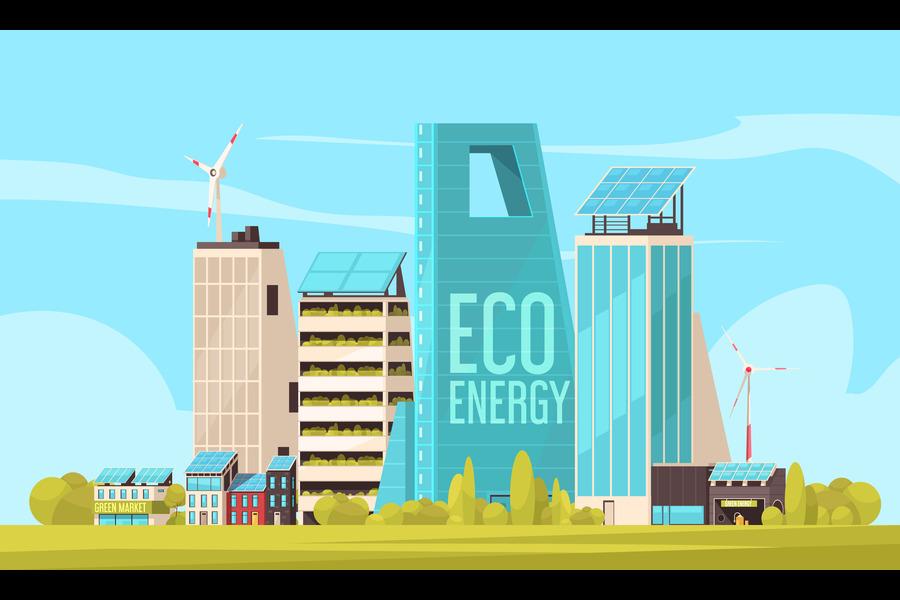Preamble


For millennia, human beings have taken natural resources and utilized them as instruments for social advancement, raising living standards. In most countries, we have generally moved beyond poverty, widespread starvation, and lack of representation that characterized the lives of almost all in the pre-industrial era. In doing so, however, we have become increasingly disconnected from nature during our socioeconomic development and divorced from our historical reliance on nature for our well-being.
As a result, we need to undertake conscious, global efforts to improve our stewardship of natural capital - air, water, other natural resources and to elevate sustainability as a value just as fundamental to modern society as liberty, justice, and equality. These must be efforts to repair and renew our connection to the environment and redefine the search for real-world solutions to meet today's challenges.
The world is experiencing upheaval at an accelerated pace, new technologies,
the COVID-19 pandemic, and, behind them all, the climate crisis. These events have promoted a collective rethinking of conventional wisdom and brought about new communication and collaboration patterns. As the impacts of a changing climate become more apparent than before. As the impacts of a changing climate become more apparent than before, we have even less time to act.
The importance of building sustainability often goes unnoticed. They are responsible for nearly 40% of annual greenhouse gas emissions, a third of which is generated in the construction process or the generation of building materials, embodied energy.
Lastly, sustainability is a problem with an often-ignored human dimensions. Not only is climate change the result of human actions, but we can also have all the scientific and technological solutions we seek yet lack the political will to use them.
Dr. Michael M. Crow
President, Arizona State UniversityAbout Team
With the population of cities expected to increase by 2.5 billion between now and 2050, cities face a multitude of challenges. Urban sprawl and transportation congestion are expected to worsen, and the effects of climate change will increase cities’ vulnerability to natural hazards and increase the risk of climate-induced displacement. Such consequences affect people’s welfare and bring unprecedented challenges to the planet’s environmental sustainability.
But urban growth and climate change also create an imperative and offer opportunities to create sustainable cities that meet these challenges. The Global Environment Facility (GEF), the World Bank and other multilateral development banks, the United Nations, and many other organizations are investing in solutions to harness the opportunities associated with global urbanization. They seek to decarbonize the urbanization process, promote resource-efficient growth, build compact cities, and enhance urban resilience. This transformation of cities will drive economic development, create jobs, provide a higher quality of life, and have a positive impact on the global commons. We have a team of seasoned urban planners, environmentalists, engineers, philanthropists and changemakers who are working to achieve practical sustainably in cities blended with Circular Commerce, Smarter Spaces, and Happier Humans.
Core Organizational Objective
Creating many green parks, less noise, more trees and nice scenery. Good standard quality of life, good living conditions, good social welfare system, meaningful role for children, the elderly, and people with disabilities. For citizens and guests alike, in balance with spirituality. Preservation of cultural heritage, tourism center in the region, preserving the ancient characteristics of the city, ecological tourism development, model destination, further development of tourism and services. Cooperating with ADB, a well central governed urban, good urban planning and management, addressing weaknesses proactively, suitable master plan. Synchronized infrastructure, highly competitive infrastructure, good logistics system, intelligent transport system.
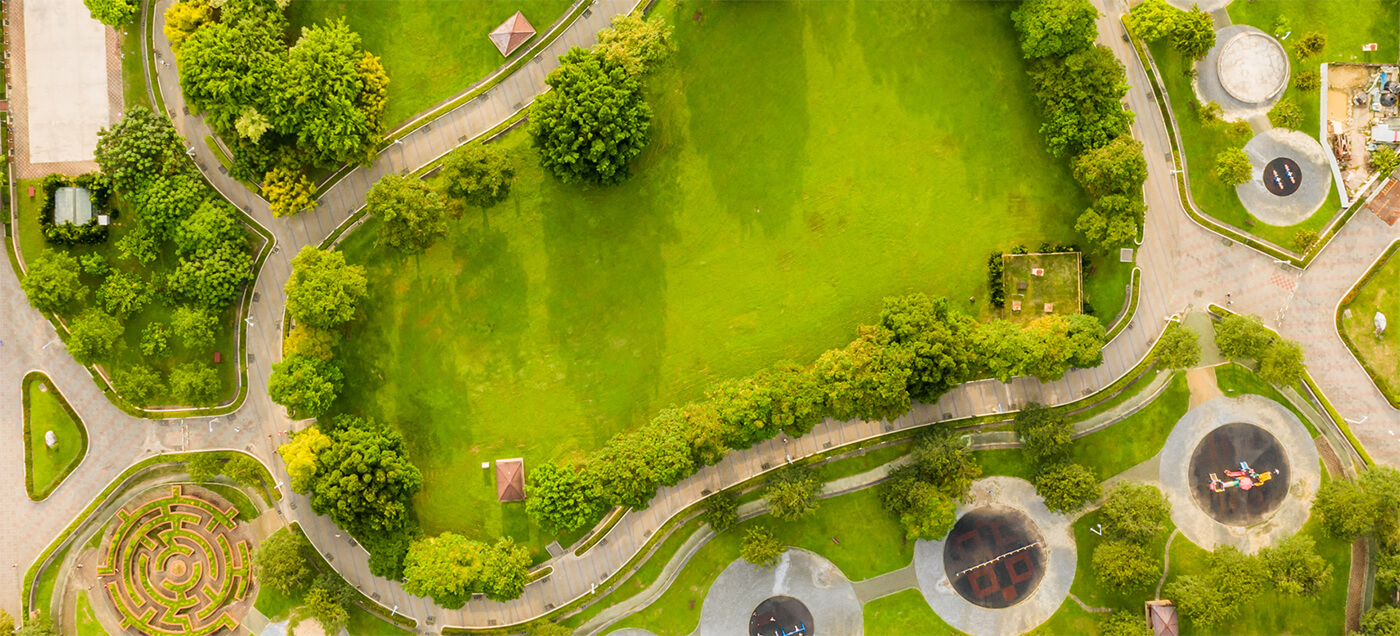

google public transport system, better roads, creating axes of green roads. Stable incomes, creating enough jobs, increase of income, more green jobs, more green businesses, good business environment. Economy in harmony with environment, urban natural environment resistant to storms and floods, improved disaster management, better disaster forecasting, adaption to climate change, efficient land use, good water system, better waste management, good operation and management of hydropower system. Creating fresh, nice, attractive not too large, expanding, modern, efficient, sustainable, green, clean, competitive, human, friendly, beautiful, Economic-SociaEnvironmental Sustainability.
Volunteer
Team
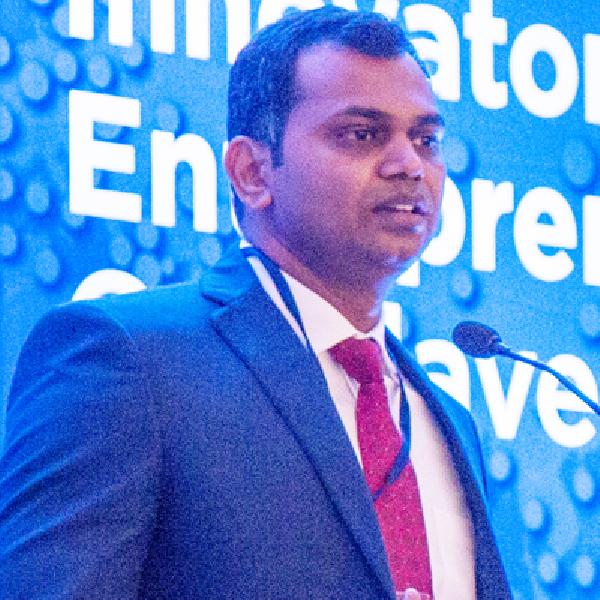
Mangesh Wankhade
Founder & CEO
Iskander Alkate Ibarrola
Director - Industrial Sustainability
Poonam Khot
Director - Climate Change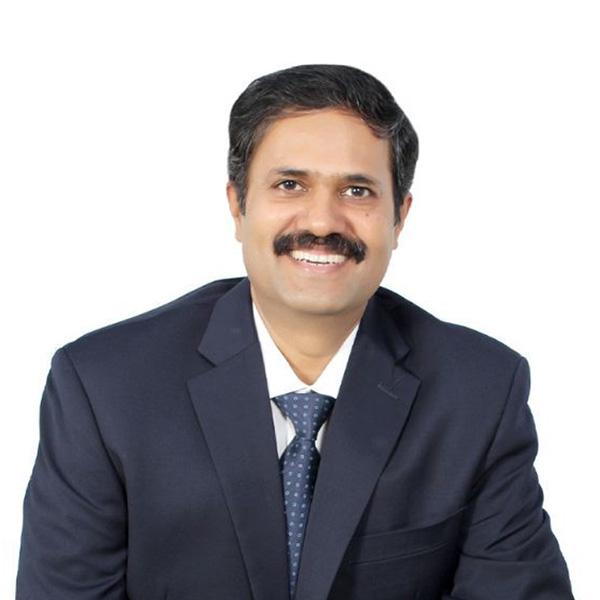
Akhilesh Srivastava
Director - Mobility & Parking
Vinay Barigidad
Director - Digital Technologies
Megha Phansalkar
Director - Social Sustainability
Amit Nandeshwar
Director - Industrial Sustainability
Pechimuthu Udayakumar
Principal Advisor
We have a team of seasoned urban planners, environmentalists, engineers, philanthropists and changemakers who are working to achieve practical sustainably in cities blended with Circular Commerce, Smarter Spaces, and Happier Humans.
Read MoreCONTACT INFO
C - 701, Galore Park,
Bavdhan,
Near LMD Square,
Pune - 411 021 (MH)


